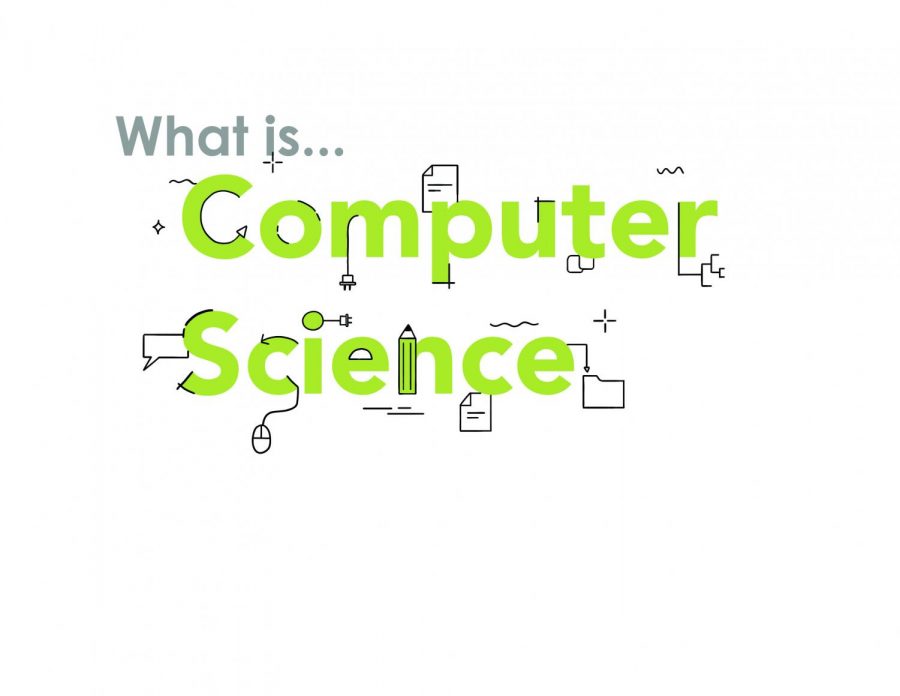What is Computer Science?
Here in the heart of Silicon Valley, computer science (CS) is hugely influential and popular. The limitless future of CS, however, is as unpredictable as it is expansive. According to Change the Equation, a non-profit organization promoting Science, Technology, Engineering and Math (STEM) development and implementation in public education, computing jobs are estimated to grow 19 percent from 2016 to 2026, compared to 11 percent for all other jobs. Furthermore, 7.7 million Americans say they currently use computers in their jobs. At Gunn, five CS courses, over ten CS-related classes and the schedules of over 340 students are clear markers of the bright future of CS.
In the world of higher education, computer science and computing have become a prominent field of study. Some top-ranked schools, including Carnegie Mellon University (CMU) and the Georgia Institute of Technology, have even separated computer science into a separate school. Many schools offer CS majors as well, with schools such as the University of California, Berkeley, the Massachusetts Institute of Technology, CMU and the University of Illinois at Urbana-Champaign (UIUC) currently leading the rankings, according to the U.S. News and World Report online rankings.
Studying platforms for others to build off of, including the development of operating systems, management of datasets, the balancing of security networks (systems), various languages and syntaxes of computer code (languages) and the more theoretical and mathematical approach to CS (theory) can help define the future of the industry. The full range of CS related fields include theory, hardware, software, networking, graphics, programming languages and systems, covering different aspects of both the front end and the back end of user interaction. As a whole, these areas make up the different applications of how many modern day machines are designed, programmed and built.
Over the recent decade, majoring in CS has reached higher popularity than ever. Courses and majors in computer science, programming, software engineering, information science, management information systems and systems analysis have been offered and can be seen in more and more diplomas every year. According to the Computing Research Association, a North American non-profit association of various CS-related academic departments, the average number of CS majors has more than tripled since 2006 and more than doubled since 2011.
In the workforce, CS is projected to be the centerpiece of future industries. According to the U.S. Bureau of Labor Statistics, there will be 1.4 million open computing jobs by 2020, but only 400,000 computer science graduates to fill them. Furthermore, the Software Alliance (BSA) TechPost (a forum on software engineering) noted that this conservative estimate doesn’t account for the need of CS-proficient workers in most other industries as well.
In a broader sense, we are currently in a massive technological revolution and a vast majority of life in the 21st century has been impacted by CS in some way or another. From the evolution of cybersecurity to manufacturing automation, and, most notably, to the emergence of pocketable computing devices, CS aims to find more effective and efficient solutions to modern-day problems.
We may not be able to see into the future, but all signs points towards CS having a massive stake in it. Just as the invention of the steam engine dramatically altered not only various industries, but the day-to-day lives of regular citizens, the emerging significance of computing is bound to drastically alter modern society. Whether it be sending texts with just our thoughts or the common Hollywood trope of the artificial intelligence revolution, the digital age is certainly upon us.
Your donation will support the student journalists of Henry M. Gunn High School. Your contribution will allow us to purchase equipment and cover our annual website hosting costs.


